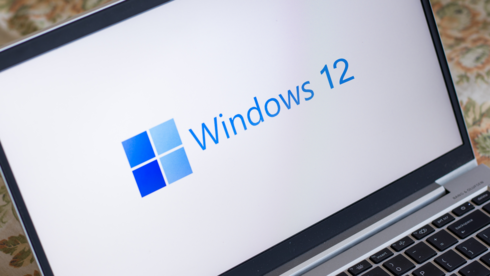The new system will shift computing toward “ambient computing,” meaning devices will be aware of their surroundings and user activity rather than relying solely on traditional keyboard, mouse or camera inputs. The AI will be integrated directly into the operating system, allowing Windows 12 to automatically offer assistance depending on the user’s current task such as document editing, image work or video calls.
One significant change will be multimodal interaction, enabling input through various media types especially voice. Users will be able to speak naturally to their computers while typing, drawing or communicating, and the system will interpret their intentions. Microsoft CEO Satya Nadella said the goal is to make natural language a primary input method alongside the keyboard and mouse.
The visual interface of Windows is also expected to evolve. Reports suggest AI agents will proactively assist users rather than just responding to commands, creating a more interactive and personalized workflow.
To support these features, Windows 12 will combine local processing on the user’s device with Microsoft’s cloud computing resources. Apple is reportedly developing similar features for its systems, emphasizing voice navigation and control.
The ambitious AI integration raises privacy concerns. A system that continuously monitors user activity to understand context will require access to sensitive personal data. Experts expect regulators and users to demand strict transparency and control over how information is collected and used. Microsoft’s past privacy controversies including features in Windows 10 and 11 have heightened these concerns.
Windows 12 aims to make computing more intuitive and efficient but its success will depend on balancing innovation with user privacy.
